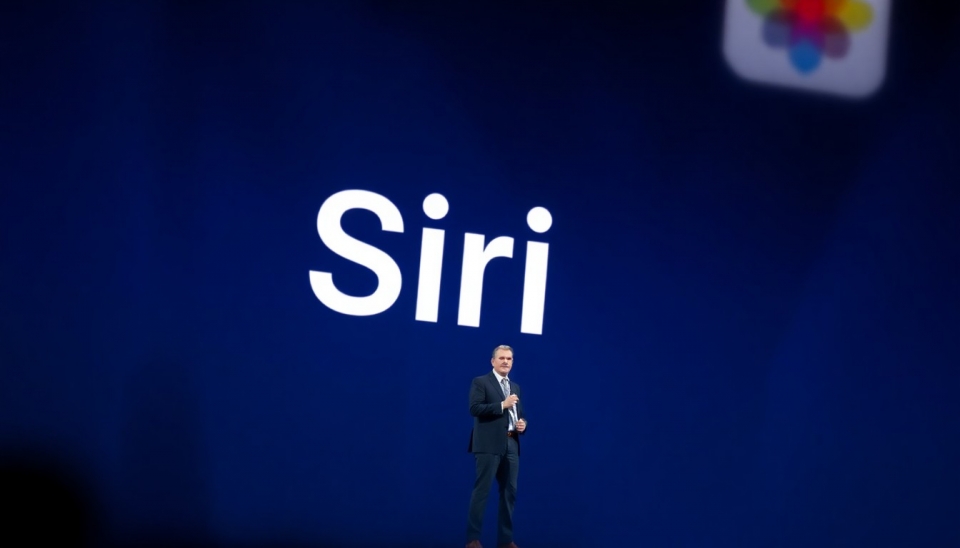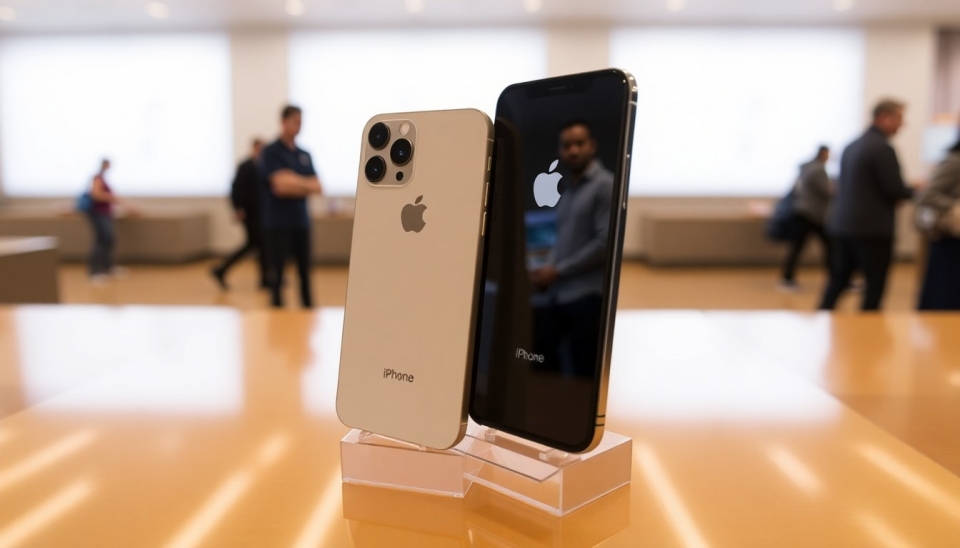
In a significant legal development, technology giant Apple is embroiled in a lawsuit in China that bears similarities to the notorious legal tussle with Epic Games over the popular game Fortnite. This case marks Apple's ongoing struggle to maintain control over its lucrative App Store model, which has drawn scrutiny from developers and regulators worldwide.
The lawsuit was initiated by a Chinese gaming company, which claims that Apple's stringent policies and commission fees on app sales and in-app purchases are anti-competitive. The plaintiff argues that these practices not only stifle competition but also harm consumers by inflating prices. This case comes at a time when Apple's business operations in China—its second-largest market—are under increased pressure from both regulatory bodies and local developers.
At the heart of the lawsuit are Apple’s formidable 30% commission fees that it levies on developers for apps distributed through its platform. These fees have come under fire, especially after Epic Games' high-profile legal battle in the United States, which has sparked a global conversation about the fairness of platform fees in digital marketplaces.
The Chinese legal system presents its own complexities, and experts suggest that the outcome of this case could set a precedent for how digital platforms operate within the country. Given the Chinese government's approach to regulating technology companies, the stakes are incredibly high for Apple as it attempts to defend its business model without alienating local authorities or the consumer base.
Legal analysts speculate that the case could unfold similarly to the Epic Games lawsuit, which captivated audiences around the world and ignited debates about the nature of digital commerce and the responsibilities of platform holders. In the pending litigation, Apple is likely to argue that its App Store policies are essential for ensuring user safety and a consistent quality of experience for consumers.
Additionally, Apple has been trying to adapt its strategies to accommodate increasing pressures from regulators, who are pushing for more open ecosystems and clearer terms for app developers. Some analysts believe that Apple may begin to reconsider some of its practices in response to these legal challenges and regulatory shifts both in China and globally.
As the legal proceedings move forward, industry watchers will be keeping a close eye on how Apple navigates the complexities of Chinese law, competition concerns, and its relationship with developers. The outcome of this lawsuit could have far-reaching implications for not just Apple but the entire app economy, particularly in China, where the gaming industry is booming and local companies are growing more assertive.
In conclusion, as Apple prepares to defend its App Store model in court, the tech giant is poised at a crossroads that could redefine its operational landscape and the dynamics between platforms and developers. The legal battle highlights not only the friction between tech companies and regulators but also raises important questions about the future of digital marketplaces around the globe.
#Apple #Fortnite #ChinaLawsuit #AppStore #LegalBattle #EpicGames #TechRegulations #GamingIndustry #DigitalMarketplace
Author: Liam Carter




